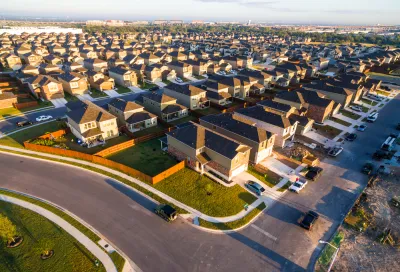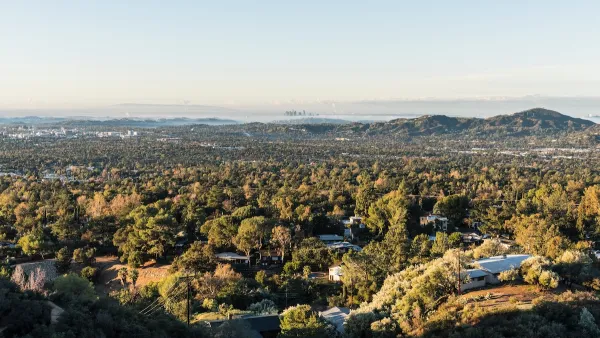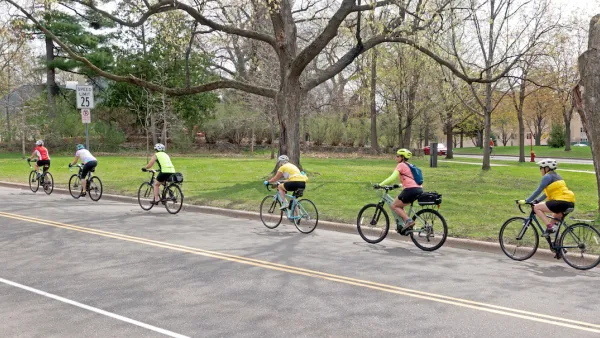The growth of institutionalized housing has led to growing inequality between Black and white homeownership rates in the Twin Cities, new research shows.

Last month, Bill Lindeke warned against the growth of affordable housing as a commodity, saying that "if left unchecked, institutionalized housing threatens to become a modern-day feudalism." A new report, which shows that "[d]espite the overall wealth of the [Twin Cities] metro area, there’s no starker sign of its metropolitan segregation of opportunity than the wide gulf between Black and white homeownership rates, the largest in the nation," validates his fears. The report, "Who Owns the Twin Cities?," was released this month by the Urban Institute. The report "analyzed the impacts of the COVID-19 pandemic on the Twin Cities’ longstanding racial gap in home ownership rates," explains Lindeke. "The authors, Yonah Freemark, Eleanor Noble and Yipeng Su, were interested in how the events of 2020 affected that key inequality."
According to the report, "[n]o other U.S. metro area features such stark inequality around who owns property, with a large gulf between Black and white people. Because owning a home is central to economic and political power, that gap is a key part of regional landscape of structural racism, and explains that lack of the stability and wealth for the majority of Black residents."
When COVID-19 hit, "there was a rapid transformation of employment and commuting patterns. That change, along with the slow recovery, exacerbated already existing inequality." The report shows that "private equity firms have begun to play outsized roles in the markets for certain neighborhoods, particularly north Minneapolis." The commodification of real estate is cause for concern:
"In general, the Urban Institute study is a red flag for housing policymakers in a metro area already facing stark inequality, and it describes a trend that’s particularly difficult to study. Researchers like Noble point to a key problem with studying the single-family rental landscape: the complexity of financialization. The lack of easily accessed data around property ownership and rental licensing makes it exceedingly time-consuming to keep track of who owns what homes, especially given the rapid pace of mergers and sales of homes-as-assets."
Lindeke warns that "[w]ithout some policy change, it seems clear that the nation’s largest gap in homeownership is not going to disappear anytime soon."
FULL STORY: Widening homeownership gap in Twin Cities is focus of new report

Analysis: Cybertruck Fatality Rate Far Exceeds That of Ford Pinto
The Tesla Cybertruck was recalled seven times last year.

National Parks Layoffs Will Cause Communities to Lose Billions
Thousands of essential park workers were laid off this week, just before the busy spring break season.

Retro-silient?: America’s First “Eco-burb,” The Woodlands Turns 50
A master-planned community north of Houston offers lessons on green infrastructure and resilient design, but falls short of its founder’s lofty affordability and walkability goals.

Test News Post 1
This is a summary

Analysis: Cybertruck Fatality Rate Far Exceeds That of Ford Pinto
The Tesla Cybertruck was recalled seven times last year.

Test News Headline 46
Test for the image on the front page.
Urban Design for Planners 1: Software Tools
This six-course series explores essential urban design concepts using open source software and equips planners with the tools they need to participate fully in the urban design process.
Planning for Universal Design
Learn the tools for implementing Universal Design in planning regulations.
EMC Planning Group, Inc.
Planetizen
Planetizen
Mpact (formerly Rail~Volution)
Great Falls Development Authority, Inc.
HUDs Office of Policy Development and Research
NYU Wagner Graduate School of Public Service




























